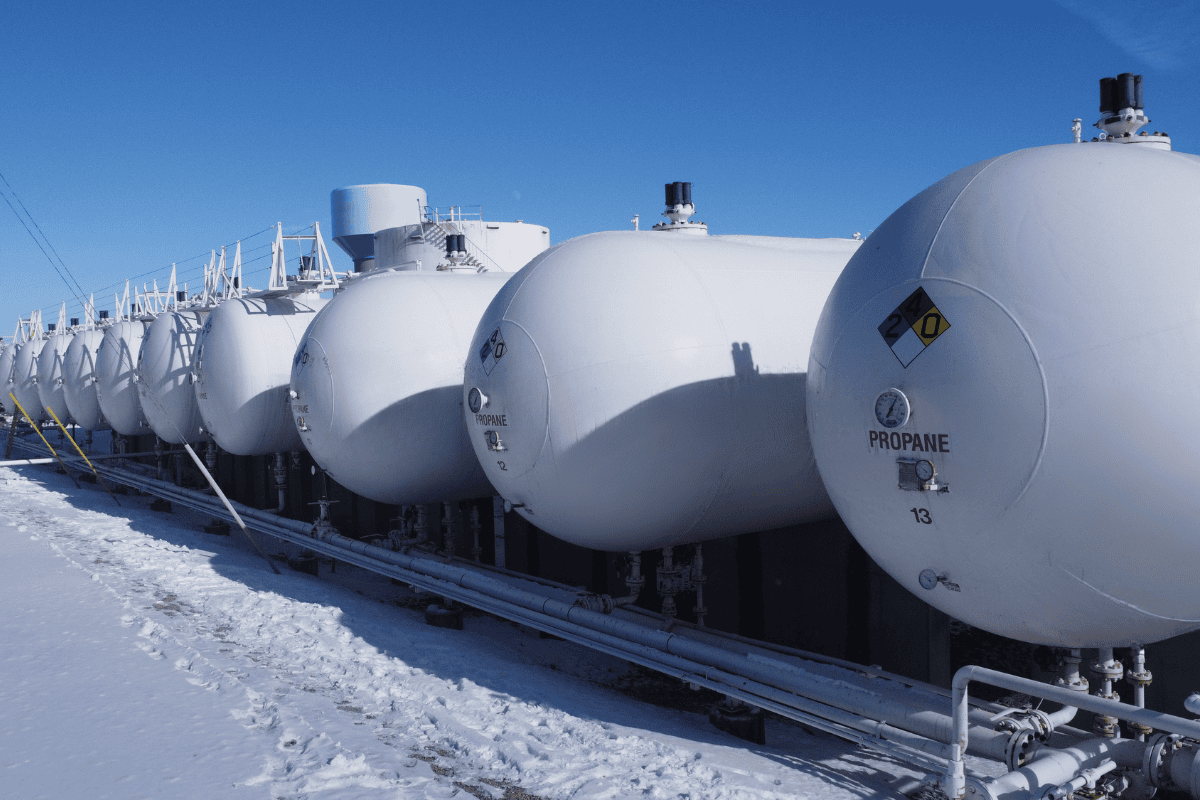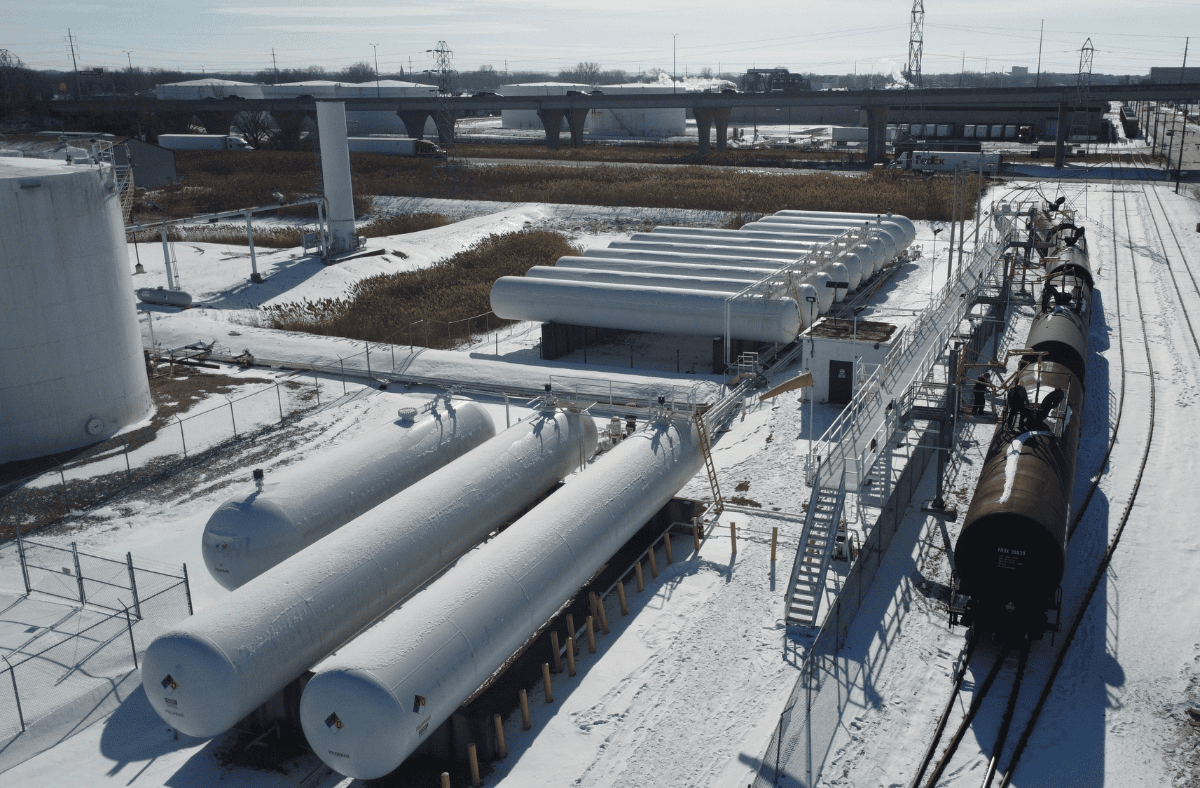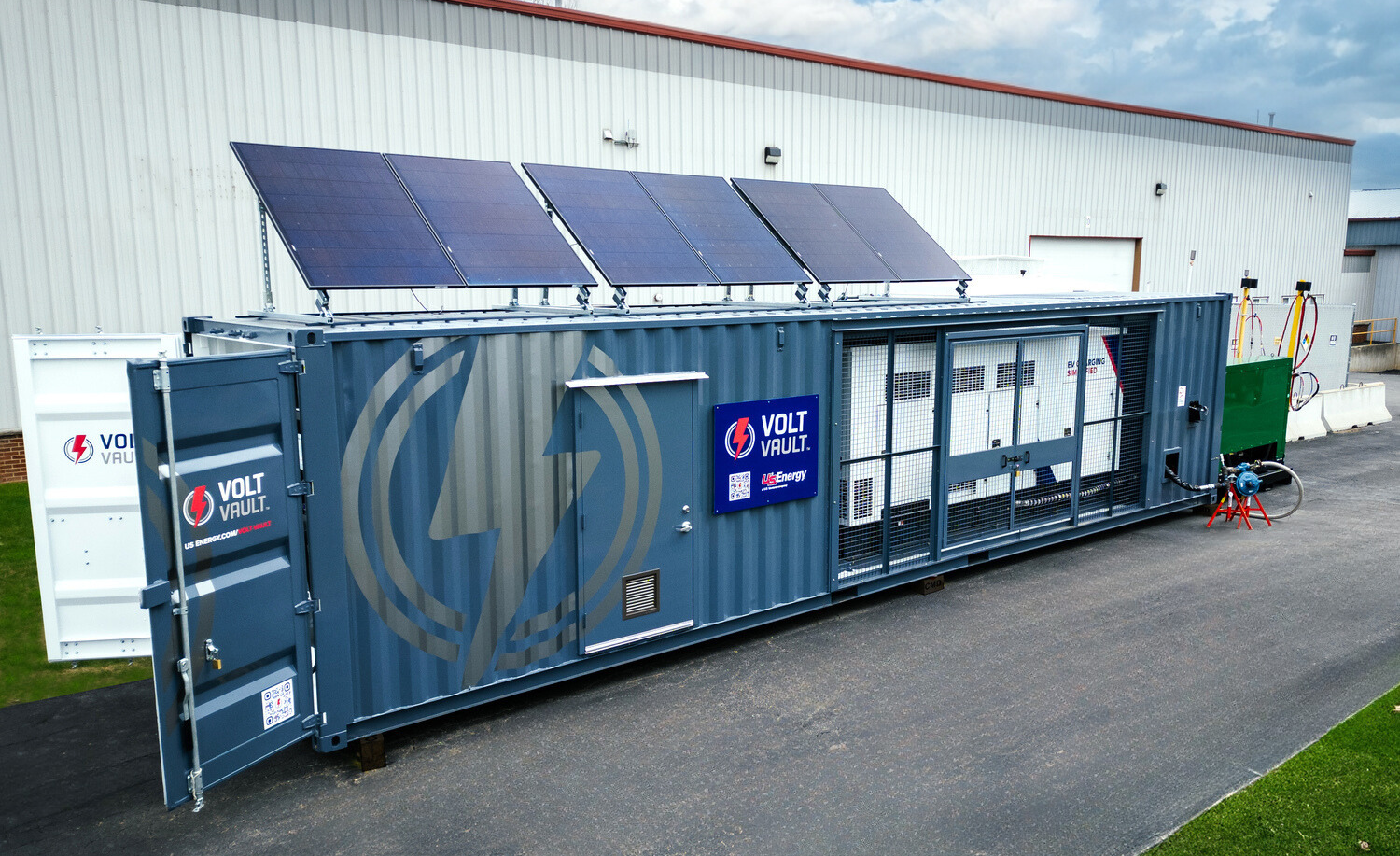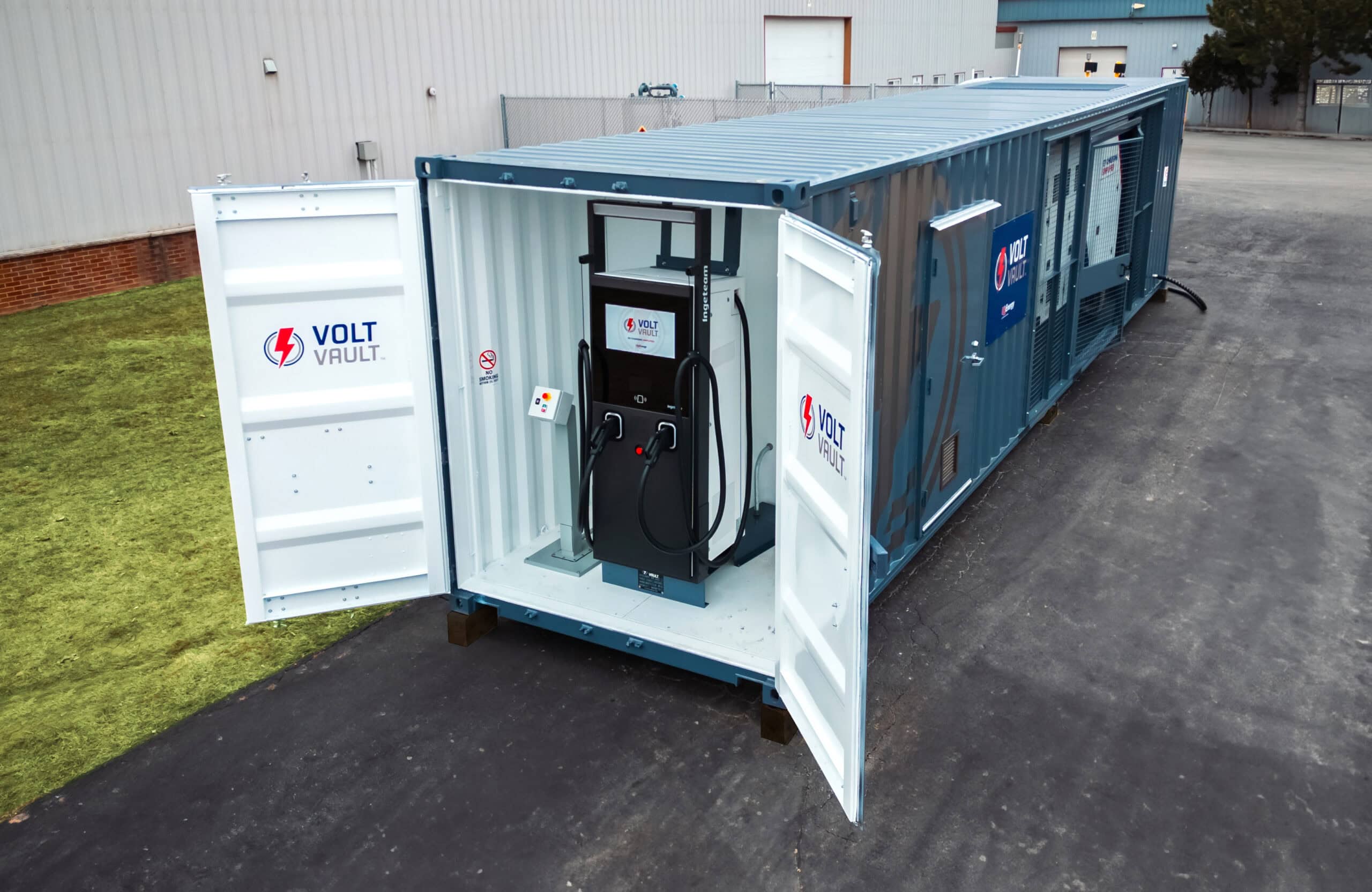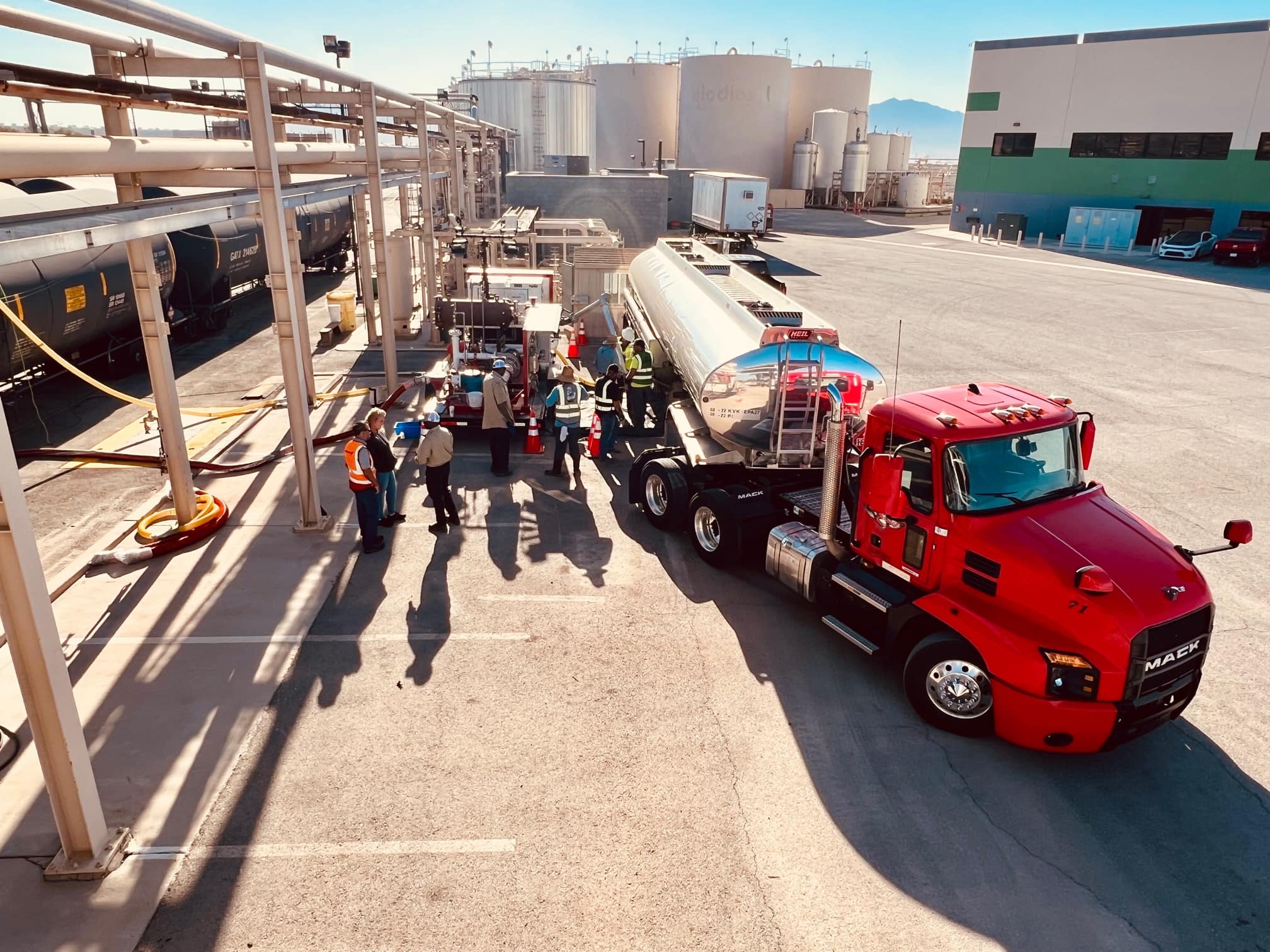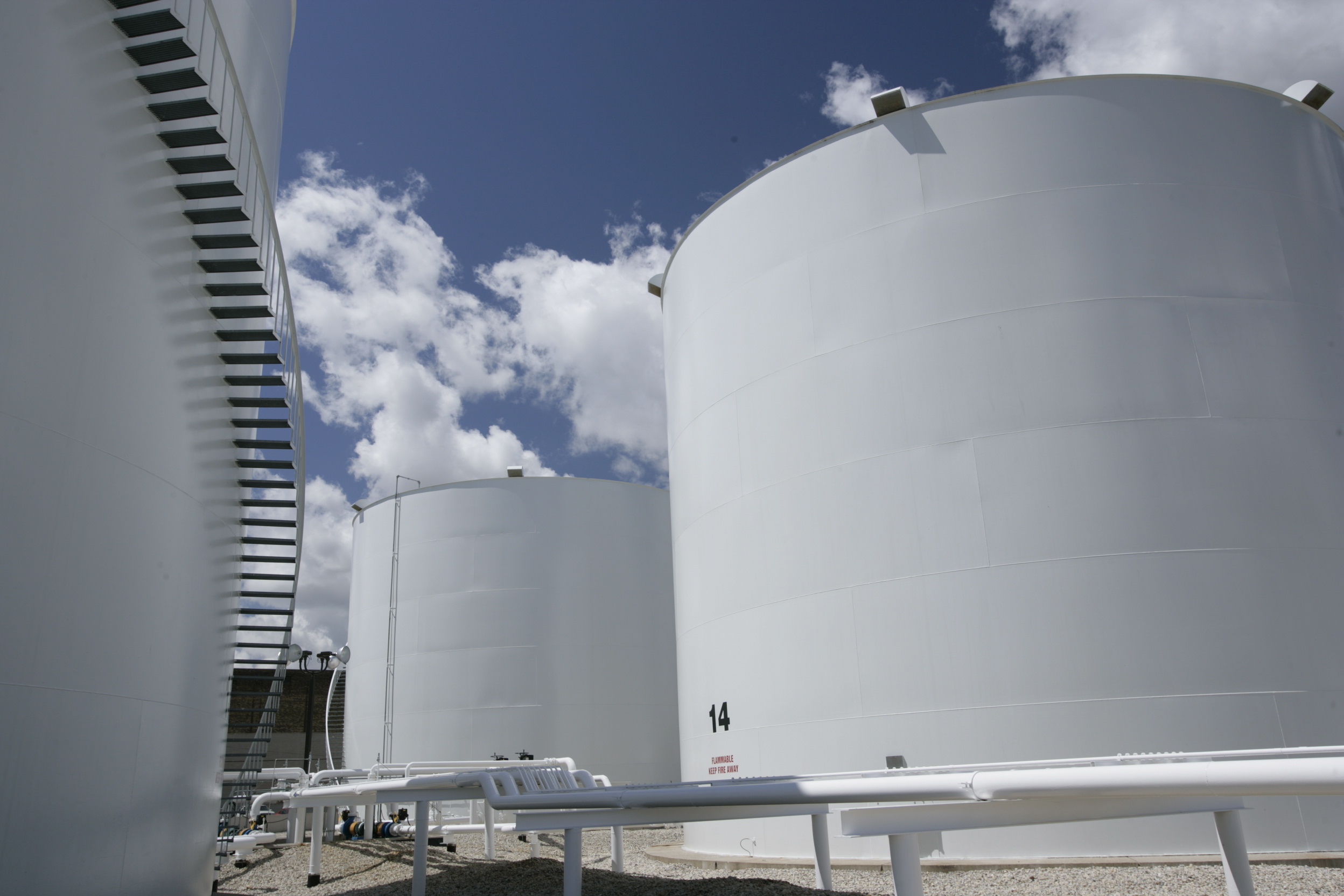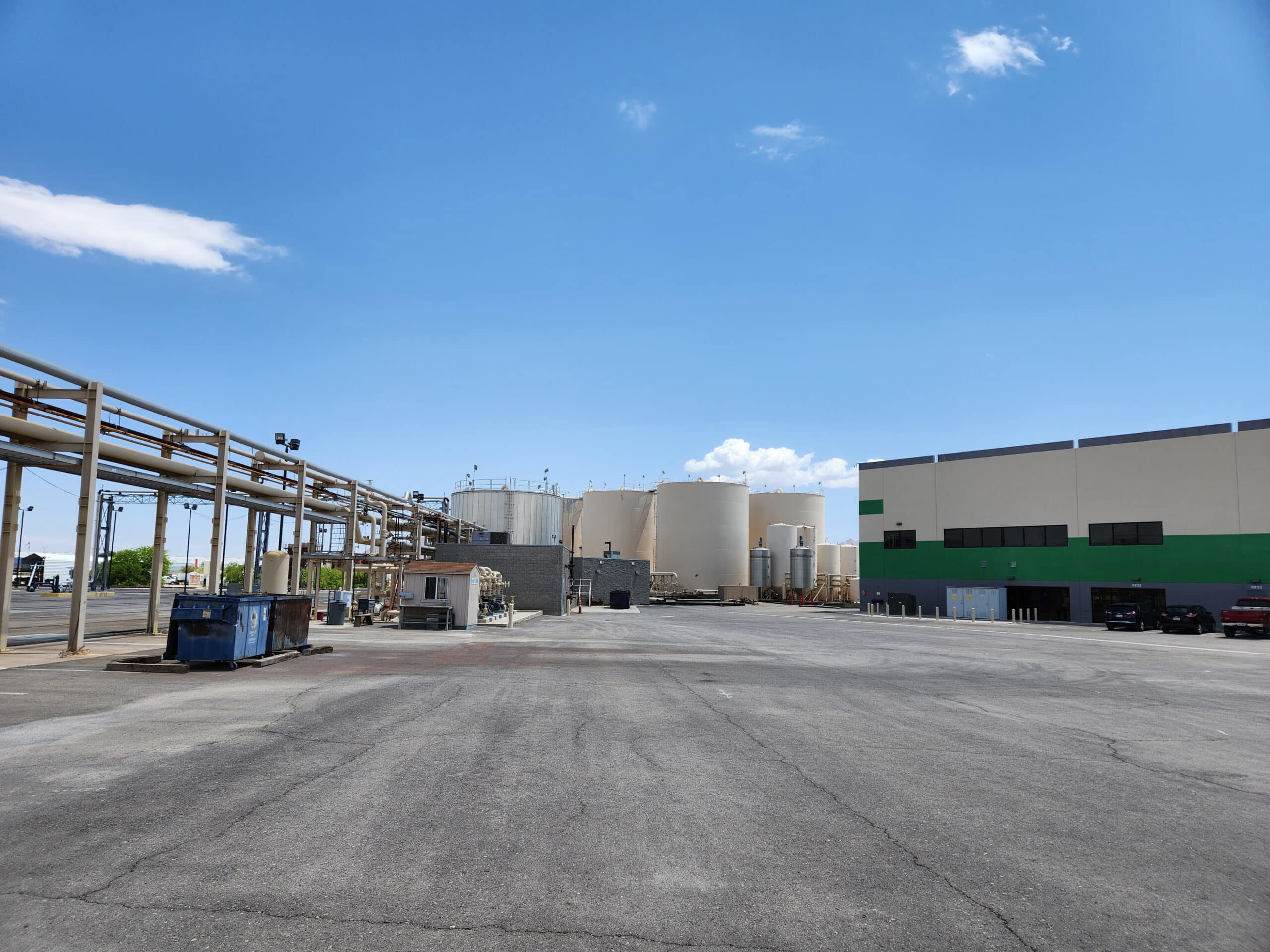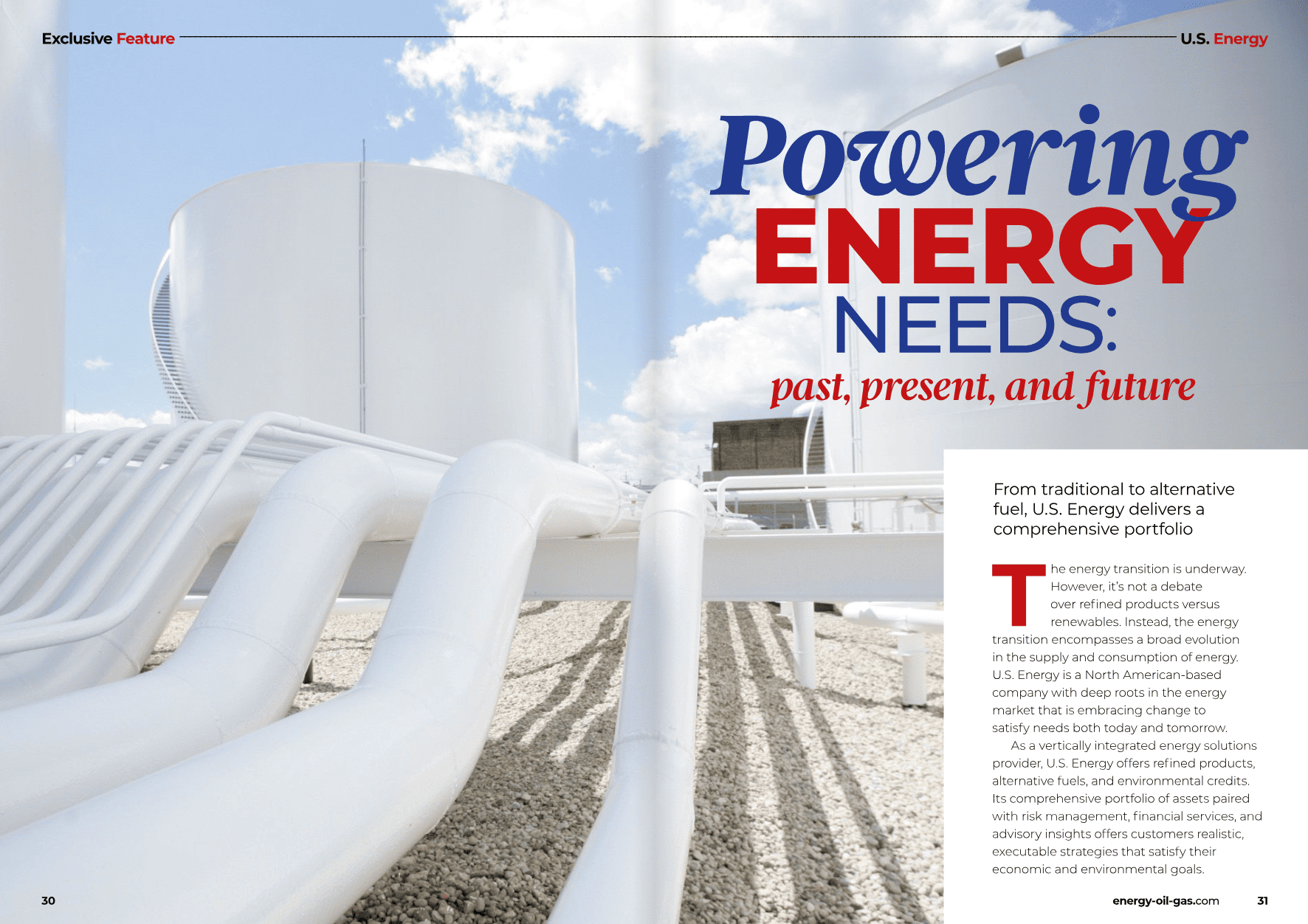Education Center / Turbo Diesel: Keep Your Engine Running Smoothly This Winter
Blog
Category: Refined Products, Transportation
Turbo Diesel: Keep Your Engine Running Smoothly This Winter
Seasonality impacts many things, one being fuel. As temperatures begin to drop, fuel grades switch over (in the case of diesel) from summer to winter grade. While fleets in some climates may not require a winter grade, those operating out of the northern US (or colder climates) do. But what’s the difference between these options?
How Do Summer and Winter Grades Differ?
An important measure when it comes to diesel is the fuel’s cloud point (which varies by region). When fuel reaches this temperature, it begins to crystalize—ultimately plugging a vehicle’s fuel filter, resulting in inoperability. To prevent this, fleets in affected regions switch between summer and winter grades.
What is Summer Diesel?
As its name insinuates, summer diesel (#2 diesel) is a blend optimized for warmer climates. It has a cloud point of roughly -12°C (or 10°F), making it less resistant to gelling as temperatures drop. That’s where winter diesel comes in.
What is Winter Diesel?
While there are two types of winter diesel, #1 and #2, most fleets use #2 due to the cost premium of #1. Number 2 diesel lowers the fuel’s viscosity and cloud point to roughly -17°C (or 0°F). This helps prevent crystallization and gelling at lower temperatures. Typically, it’s available from November 15 to March 15. But what happens when temperatures drop below ~0°F? What can fleets do to prevent gelling?
Some choose to blend #1 and #2 winter diesel to achieve a lower cloud point. But this comes at a cost. Looking at the last two winters in Wisconsin, the average cost spread between #1 and #2 diesel was $0.66. That means for a 70:30 blend of #2:#1 diesel, fleets would be paying a $0.20/gallon premium for cold weather protection.
Turbo Diesel Serving Sub-Zero Climates
But that’s not the only choice. There’s another option: turbo diesel. Also referred to as ultra-low-sulfur #2 Canadian turbo diesel, ULS2CT, P40, Canadian ULS2, and premium winter turbo diesel fuel, turbo diesel offers that 70:30 blend at a cheaper cost as it doesn’t need to be blended with #1 diesel. With a cloud point of roughly -26°C (or -15°F), it allows fleets to improve vehicle operability during extreme cold temperatures, further preventing fuel icing and gelling.
Keep Your Fleet Running Smoothly this Winter
If your region is impacted by cold weather, turbo diesel may be the fueling alternative you’ve been looking for. It can help you prevent fleet downtime, engine damage, and fuel gelling—even during extreme temperature lows. Interested in turbo diesel’s fit in your fleet? Reach out to learn how our team can help.



